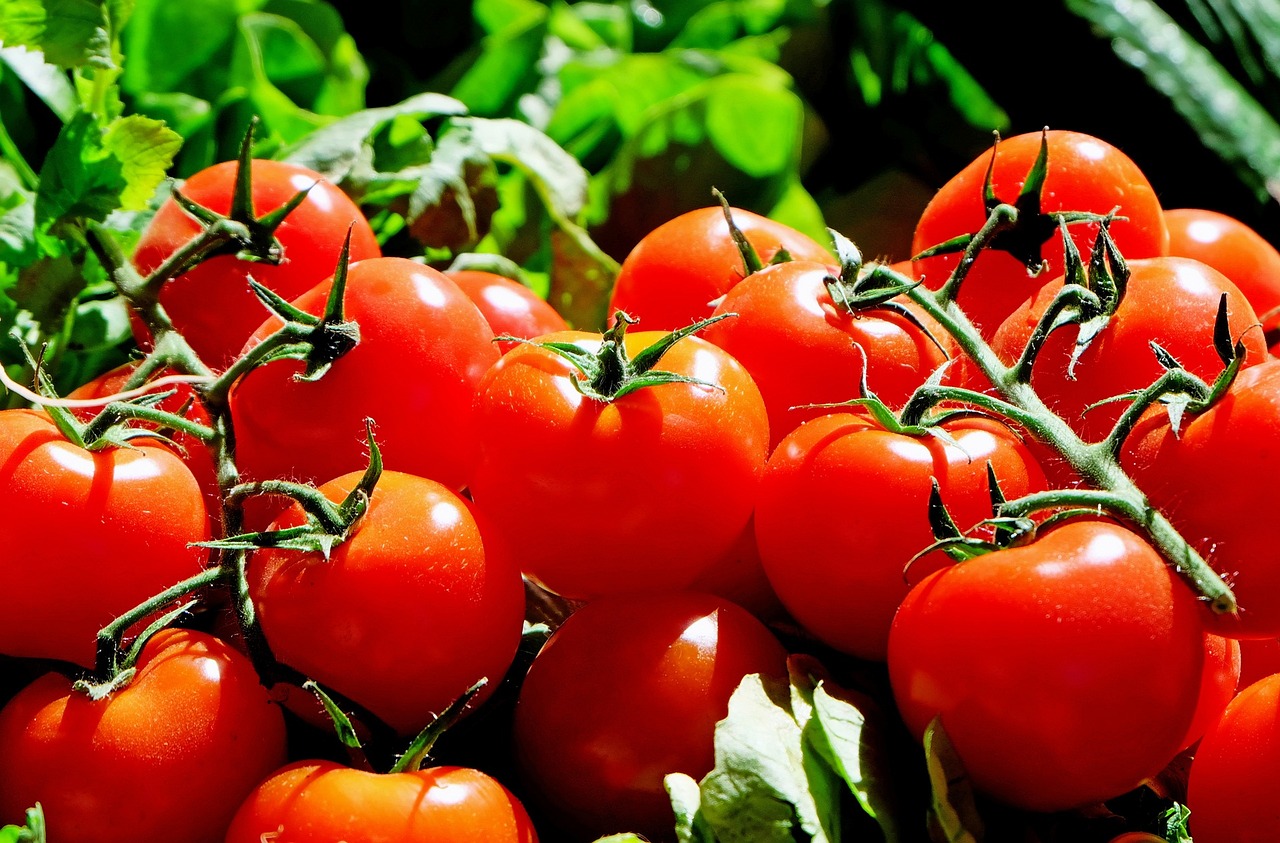In the 21st century, technology has become an integral part of almost every industry, and the food sector is no exception. From how food is produced, processed, and distributed to how it is consumed, technological advancements are fundamentally reshaping the entire food supply chain. This transformation not only enhances efficiency and sustainability but also ensures that consumers receive higher-quality products.
The Impact of Technology on Food Production
At the very beginning of the food supply chain, agricultural technology is making a profound impact. Modern farms are increasingly relying on precision agriculture—a method that utilizes GPS, sensors, drones, and data analytics to monitor and optimize crop production. These technologies allow farmers to reduce waste, conserve water, and improve yields, ensuring that only the best ingredients make it from the farm to the table.
Smart farming is another technological advancement that is revolutionizing the food industry. Through the use of IoT (Internet of Things) devices, farmers can now monitor soil conditions, crop health, and weather patterns in real-time. This data-driven approach allows for more informed decisions about when to plant, irrigate, and harvest crops, ultimately leading to higher-quality produce.
Enhancing Food Processing and Packaging
After the raw ingredients are harvested, the next step in the supply chain is food processing. This is where technology plays a crucial role in maintaining the quality, safety, and shelf life of food products. Advanced processing techniques such as high-pressure processing (HPP), freeze-drying, and vacuum packaging are just a few examples of how the industry is evolving to meet consumer demands for fresh, natural, and minimally processed foods.
The use of advanced packaging technologies helps preserve the freshness and taste of products during transportation, whether they are being shipped across around the world.
Sustainability is another critical aspect of modern food processing. With consumers becoming increasingly aware of the environmental impact of their food choices, companies are investing in sustainable processing practices. This includes using eco-friendly packaging materials and reducing energy consumption during production.
The Role of Technology in Distribution and Supply Chain Management
The journey from farm to table doesn’t end at processing; distribution is a vital component of the food supply chain. Technological innovations in supply chain management, such as blockchain and AI-powered logistics, are helping companies to streamline their operations, reduce costs, and ensure the timely delivery of their products.
Blockchain technology provides transparency and traceability throughout the supply chain, allowing companies to track the journey of their products from the moment they leave the farm until they reach the consumer. This not only enhances food safety by preventing contamination but also builds trust with consumers who are increasingly demanding to know where their food comes from.
Consumer Experience: The Final Piece of the Puzzle
The final stage of the food supply chain is consumption. Here, technology is transforming how consumers interact with and enjoy food. From smart kitchen appliances to personalized nutrition apps, the way we prepare, cook, and eat food is changing rapidly.
For example, smart packaging with QR codes allows consumers to access detailed information about the origin, ingredients, and nutritional value of products. This not only enhances the consumer experience but also reinforces the brand’s commitment to transparency and quality.
Casa Rinaldi: A Legacy of Quality and Innovation
Since its founding in 1979, Casa Rinaldi has been dedicated to delivering the finest Italian food products to consumers around the globe. Their commitment to quality is evident in every aspect of their business, from sourcing the best ingredients to adopting cutting-edge technologies that enhance the production and distribution processes.
Casa Rinaldi’s ability to blend tradition with innovation is what sets them apart in the food industry. By staying at the forefront of technological advancements, they ensure that their products not only meet but exceed the expectations of discerning consumers. Whether it’s through sustainable farming practices, advanced processing techniques, or efficient supply chain management, Casa Rinaldi continues to lead the way in offering authentic, high-quality Italian food products.
Conclusion
The food industry is undergoing a significant transformation, driven by technological advancements that are reshaping every stage of the supply chain. From farm to table, technology is enhancing the quality, safety, and sustainability of the food we eat. Brands like Casa Rinaldi are at the forefront of this revolution, leveraging technology to deliver authentic Italian food products to consumers around the world. As we look to the future, it is clear that the marriage of tradition and technology will continue to define the food industry, ensuring that consumers enjoy the best possible products, no matter where they are.
